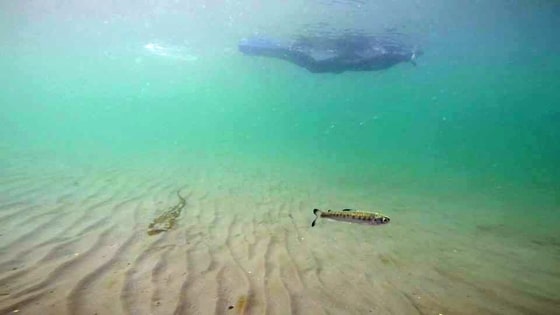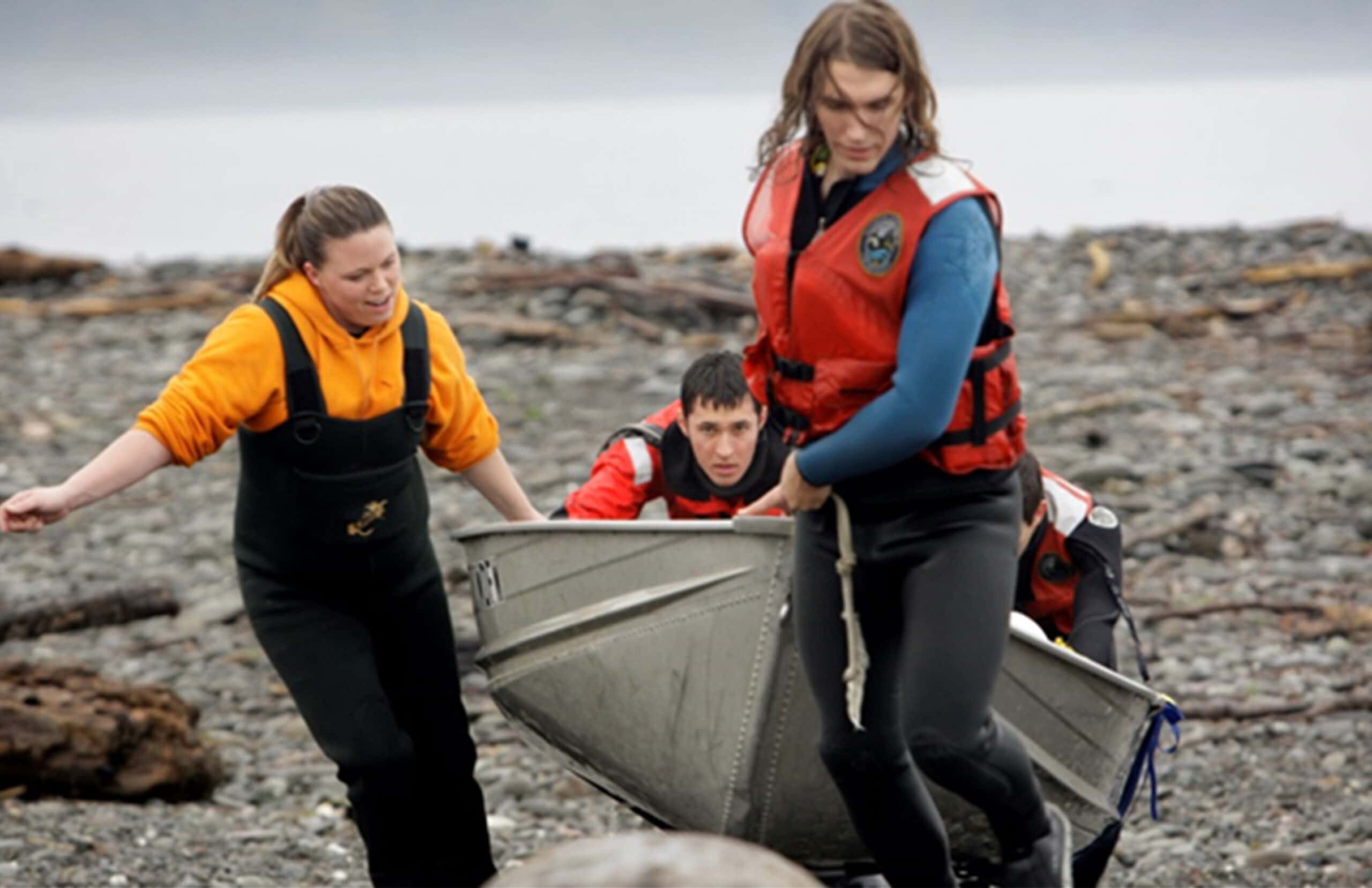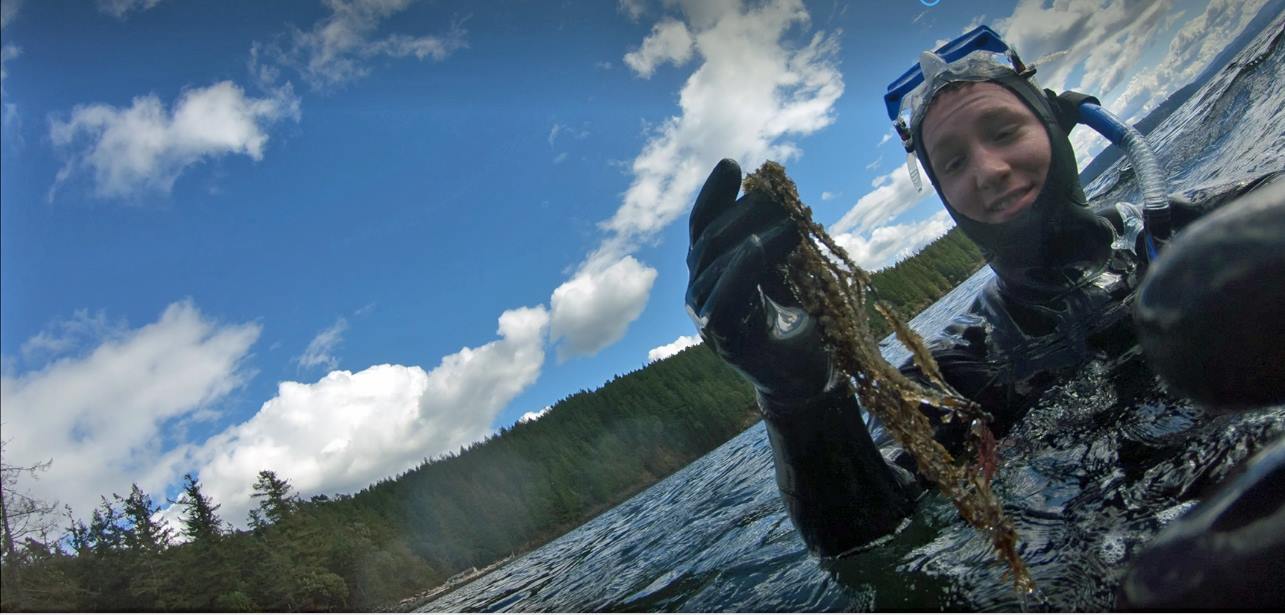For questions or to get involved
(360) 461-0799Who We Are
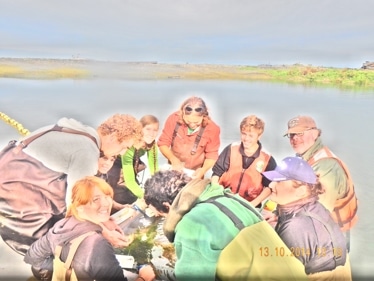
CWI achieves this goal through a commitment to goodwill and cultural diversity, which we apply to the following objectives:
Collaborate with a wide variety of natural resource scientists and managers to implement ecosystem management;
Initiate high-quality basic and applied research of nearshore marine and terrestrial ecosystems, as well as the functional inter-relationships that define coastal watersheds at the local, regional, and national scales.
Promote science-based natural resource education, and facilitate coordination of natural resource stewardship within the management and educational communities including, but not limited to, citizen groups, Tribes, agencies, colleges and universities, and other non-governmental organizations through education, public outreach, and publication.
Research
Initiate high quality basic and applied research of nearshore marine and terrestrial ecosystems, as well as the functional inter-relationships that define coastal watersheds at the local, regional, and national scale.
Community
Promote science based natural resource conservation within the management and educational communities including, but not limited to, citizen groups, Tribes, agencies, colleges and universities, and other non-governmental organizations thru science, education, public outreach, and publication.
Partnerships
Collaborate with a wide variety of natural resource scientists and managers to implement ecosystem management.
What We Do
Protecting and restoring the nearshore of the central and western Olympic Peninsula. CWI provides leadership, scientific technical expertise, and coordination on a number of projects that are local, regional and national priorities for coastal conservation and restoration, including Dungenesss Bluffs, Elwha, Crescent Bay and Salt Creek, Twins, and Clallam Bay nearshore.
Defining and promoting nearshore ecosystem services. CWI leads efforts to promote understanding local, regional, and cross regional importance of nearshore habitat function of the north coastal Olympic Peninsula. A high priority is working with our collaborators to define-for the first time- the ecosystem services provided by nearshore habitats. Priority areas are kelp beds, estuaries, lower rivers, and feeder bluffs found along Peninsula shorelines.
Educating our next generation of co-managers and reseachers. We have a new generation of scientists and co-managers recruiting to the natural and physical sciences. It is important to provide meaningful research and educational experience to impart and maintain the understanding of our watersheds that we have worked so hard to achieve,and continue towards our goal of locally based wise long term stewardship with a minimum of ‘shifting baseline’ that erodes our natural resources.
Resources to address these priorities are very tight. CWI is dedicated to supporting efforts to address these priorities in times of diminishing financial resources and increasing human pressure.
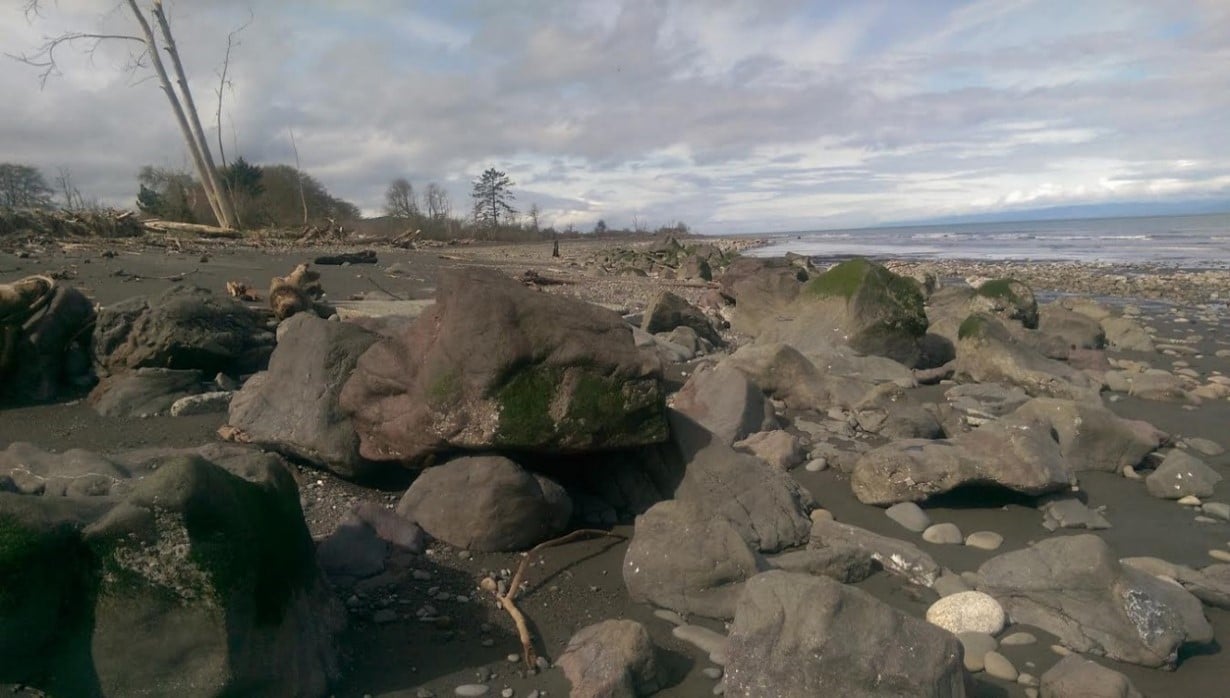
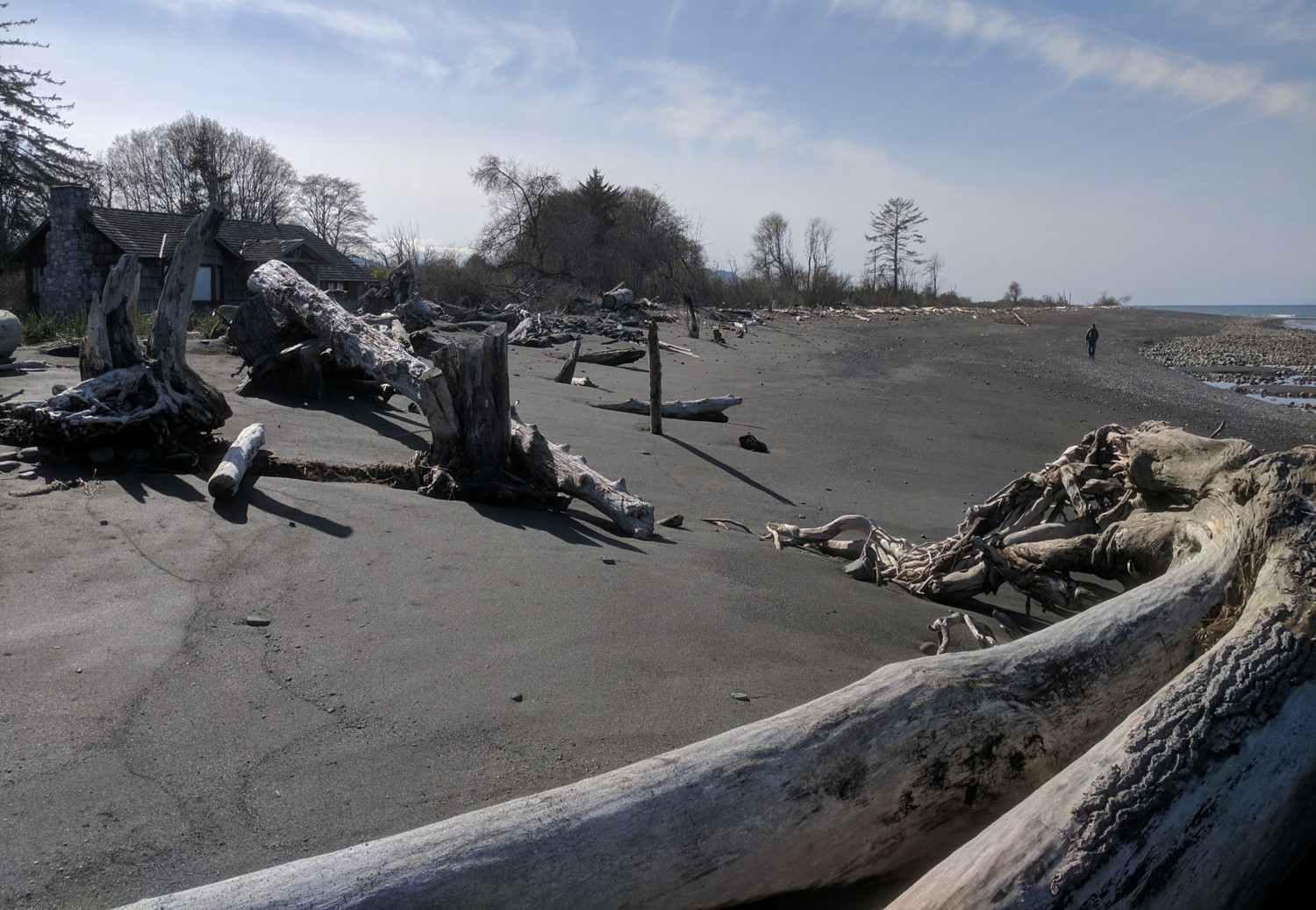
Get Involved
Join us!
Latest News

Ecosystem conservation in action: getting out of harms way while protecting ecosystem function in the Dungeness drift cell: Saving the Salish Sea
Feeder bluffs are a defining component of our Salish Sea. CWI has been working for decades to understand, protect, and restore these beautiful foundations of our region.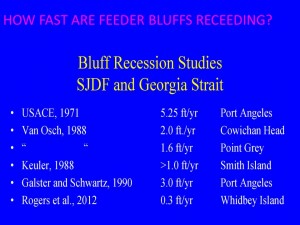
The Northwest Nearshore.
Welcome to the Northwest Nearshore- the Coastal Watershed Institute (CWI) blog. We'll post updates on our nearshore observations, key events, and results here on a regular basis.
